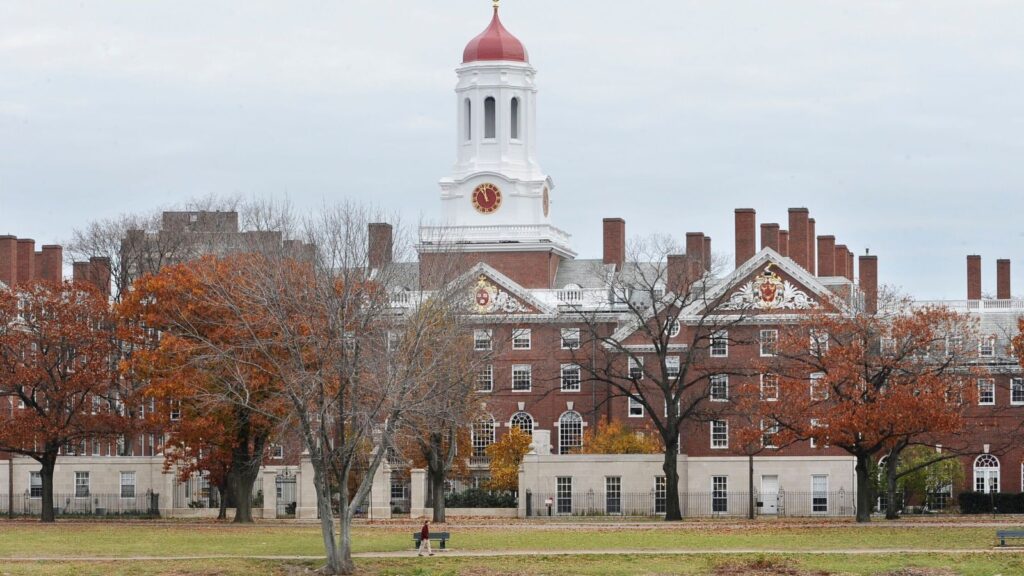970x125
The Trump administration has warned Harvard University that it could lose control of its lucrative patent portfolio, adding to the ongoing confrontation between the White House and the Ivy League institution, reported The Guardian. In a letter posted online Friday, Commerce Secretary Howard Lutnick accused Harvard of breaching legal and contractual obligations tied to research funded by the federal government.
970x125
Lutnick said the Commerce Department had initiated a “march-in” process under the Bayh-Dole Act, which allows the government to take ownership of patents or issue new licences if certain requirements are not met. “The Department places immense value on the groundbreaking scientific and technological advancements that emerge from the Government’s partnerships with institutions like Harvard,” Lutnick wrote.
He added that the university had a “critical responsibility” to ensure that the federally funded intellectual property benefits the American public.
Lutnick gave Harvard four weeks to submit a list of all patents linked to federal research grants, including details on their use and whether licensing agreements require “substantial US manufacturing”, The Guardian reported. As of 1 July 2024, Harvard’s Office of Technology Development reported more than 5,800 active patents and over 900 technology licences with 650 industry partners.
The patent review is the latest step in a broader White House campaign against Harvard, which the administration has accused of violating civil rights law by not fully complying with directives on addressing alleged antisemitism linked to student protests over Israel’s war in Gaza.
In April, Harvard sued the federal government after billions of dollars in research funding were frozen or revoked. Other universities under similar scrutiny, including Columbia University and Brown University, have reached financial settlements with Washington.
Enacted in 1980, the bipartisan Bayh-Dole Act allows institutions to retain ownership of inventions developed with federal funding, provided they meet certain conditions. Supporters, including former President Jimmy Carter, have described the law as key to fostering innovation and strengthening the US economy.
(With inputs from The Guardian)
970x125

